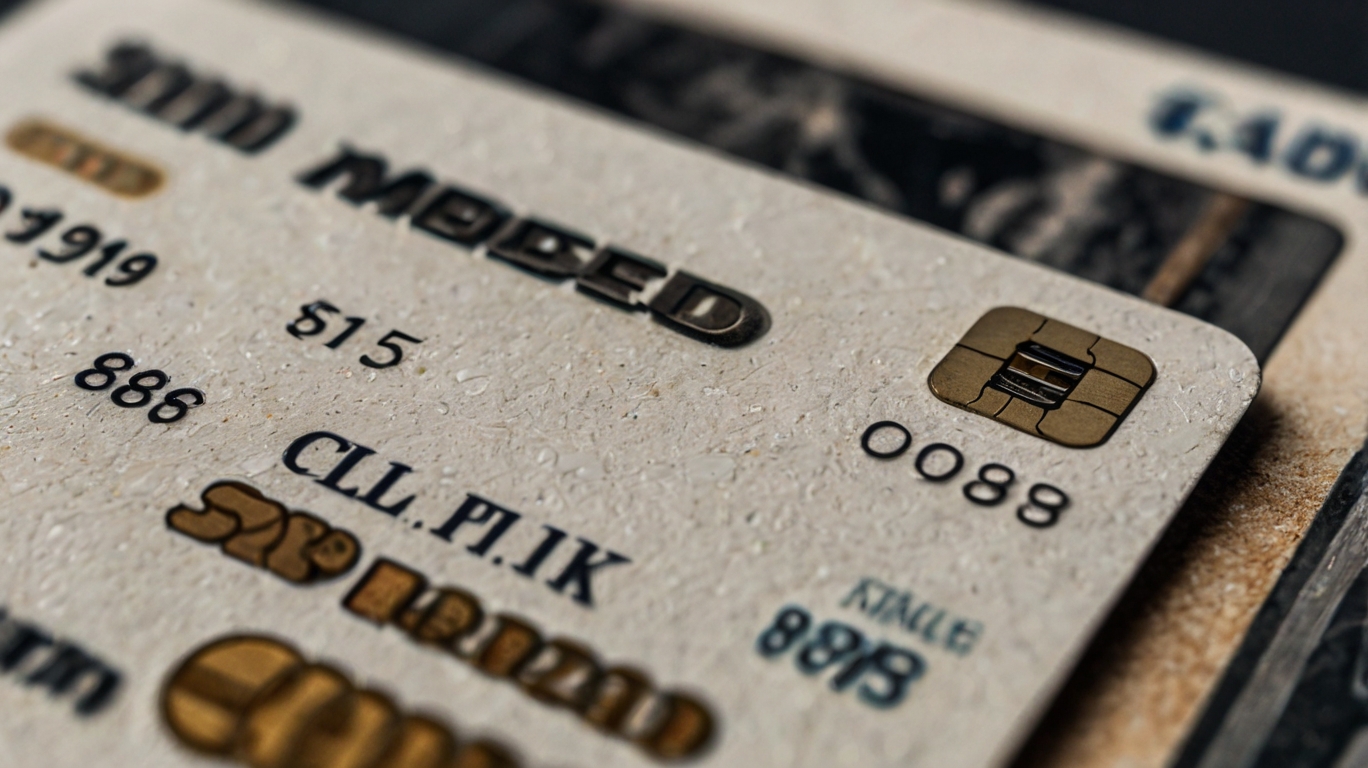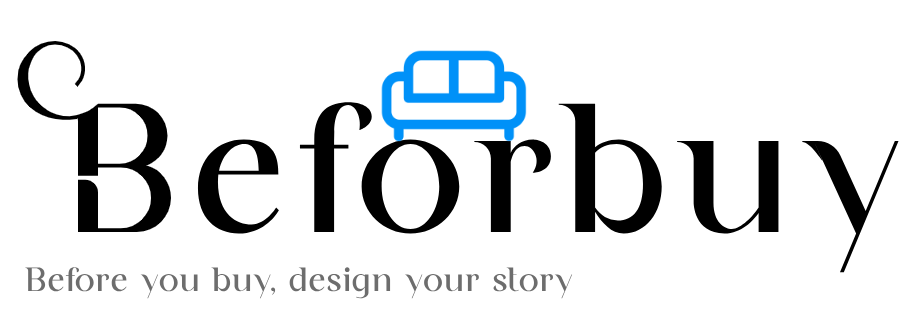
Saving money is essential for securing your financial future. Whether you’re saving for a rainy day, a big purchase, or retirement, finding the right savings plan can help you grow your money efficiently. But with so many options available, how do you choose the best one for your needs?
Why Savings Plans Matter A savings plan is designed to help you set aside money for the future while earning interest. The right savings account or investment plan can help your money grow over time, thanks to compounding interest. The more you save, the more you stand to earn, but choosing the right type of account is key to maximizing your returns.
Types of Savings Plans
- Traditional Savings Accounts
A traditional savings account is a safe and accessible option. You can deposit money and withdraw it as needed, though interest rates are generally lower than other options. However, these accounts are a great choice for building an emergency fund or saving for short-term goals. - High-Yield Savings Accounts
If you’re looking to earn more interest, high-yield savings accounts offer higher rates compared to traditional savings accounts. While access to funds may be limited, they are a great option for growing your savings over time without taking on significant risk. - Certificates of Deposit (CDs)
For those willing to lock in their savings for a specific period, a certificate of deposit (CD) can offer higher interest rates than traditional savings accounts. With a CD, you agree to keep your money in the account for a set period, typically ranging from six months to five years.
How to Choose the Right Savings Plan When choosing a savings plan, consider your financial goals, timeline, and risk tolerance. High-yield accounts and CDs offer higher returns but may come with restrictions on accessing your funds. If you need more flexibility, a traditional savings account may be a better option. Also, always compare interest rates, fees, and account terms before making a decision.Conclusion
Finding the right savings plan can help you achieve your financial goals faster and more efficiently. Whether you choose a traditional savings account, a high-yield option, or a certificate of deposit, making informed decisions about where to place your money will benefit you in the long run. If you have any questions or need further assistance, feel free to ask


